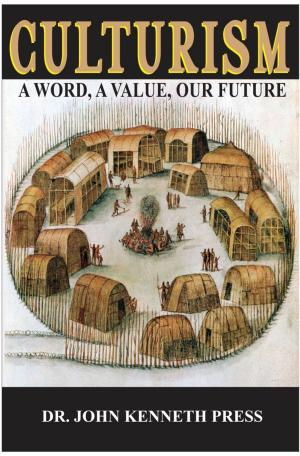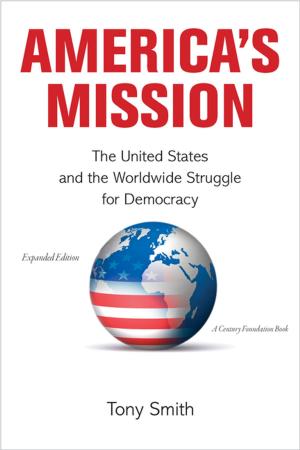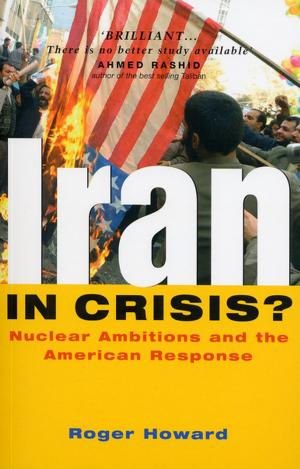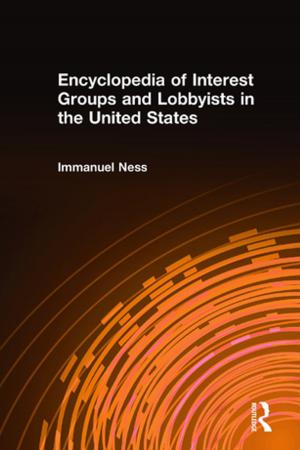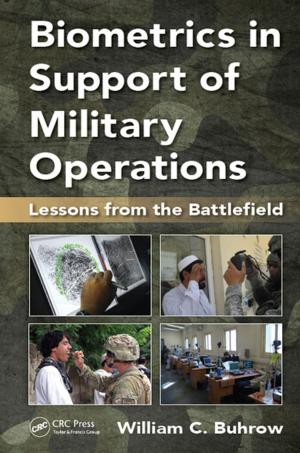Forging Swords into Plows: A Twenty-First Century Christian Perspective on War
Nonfiction, Religion & Spirituality, Theology, Ethics, Social & Cultural Studies, Political Science| Author: | George Clifford | ISBN: | 9781301805198 |
| Publisher: | George Clifford | Publication: | February 2, 2013 |
| Imprint: | Smashwords Edition | Language: | English |
| Author: | George Clifford |
| ISBN: | 9781301805198 |
| Publisher: | George Clifford |
| Publication: | February 2, 2013 |
| Imprint: | Smashwords Edition |
| Language: | English |
The U.S. invasions and occupations of Iraq and Afghanistan have cost more than three trillion dollars and caused tens of thousands of deaths. Was either war morally justifiable? Did either war make the world a safer, more peaceful place? Forging Swords into Plows develops a twenty-first century Christian perspective on war and then argues that both wars were immoral and resulted in a more dangerous, less stable world.
The analysis begins with a critical examination of three historic Christian perspectives on war. The first two views – that God sometimes commands Christians to wage a holy war (or crusade) and that God calls all Christians to be pacifists who refuse to ever wage war – are rejected. However, the witness of pacifists who are conscientious objectors, especially selective conscientious objectors, may importantly counterbalance twenty-first century militarism.
Just War Theory, the only via media between holy wars and pacifism, offers Christians (and others) a moral framework for knowing when and how to wage war justly. However, twenty-first century warfare and globalization necessitate expanding Just War Theory to include a comprehensive, practical jus post bellum paradigm for building peace that emphasizes respect for persons, establishing justice, ecological responsibility, and multinational involvement. An analysis of the first U.S. Gulf War in 1993 illustrates the revised model’s utility.
The world’s three major monotheistic religions – Judaism, Christianity, and Islam – collide violently in the Middle East and elsewhere. Understanding convergences and divergences among the three great monotheistic faiths is vital in this era of religious conflict and emerging globalism. The updated Just War Theory model provides a framework for comparing the Christian with the Jewish and Muslim ethical perspectives on war. This comparison highlights important commonalities, laying the foundation for interfaith dialogue and cooperation in peace building.
Finally, Forging Swords into Plows uses the expanded version of Just War Theory, in conversation with religion, history, military science, and other disciplines, to explain why the U.S. invasions and occupations of Iraq and Afghanistan were unjust, end badly, and will not contribute to peace.
Written in an informal tone, Forging Swords into Plows the argument relies upon careful scholarship, attention to relevant religious, ethical, and historical perspectives, as well as the author's experiences as a Navy chaplain. The latter included preaching to President George H.W. Bush at Camp David on the eve of the first Gulf War, visits to Israel and the Guantánamo Bay prison camp, counseling warriors, and teaching ethics to mid-career military officers. No other book now on the market examines the moral perspectives on war in all three Abrahamic religions, revises Just War Theory to encompass post-war peacemaking, and ethically assesses the Iraq and Afghanistan wars.
The U.S. invasions and occupations of Iraq and Afghanistan have cost more than three trillion dollars and caused tens of thousands of deaths. Was either war morally justifiable? Did either war make the world a safer, more peaceful place? Forging Swords into Plows develops a twenty-first century Christian perspective on war and then argues that both wars were immoral and resulted in a more dangerous, less stable world.
The analysis begins with a critical examination of three historic Christian perspectives on war. The first two views – that God sometimes commands Christians to wage a holy war (or crusade) and that God calls all Christians to be pacifists who refuse to ever wage war – are rejected. However, the witness of pacifists who are conscientious objectors, especially selective conscientious objectors, may importantly counterbalance twenty-first century militarism.
Just War Theory, the only via media between holy wars and pacifism, offers Christians (and others) a moral framework for knowing when and how to wage war justly. However, twenty-first century warfare and globalization necessitate expanding Just War Theory to include a comprehensive, practical jus post bellum paradigm for building peace that emphasizes respect for persons, establishing justice, ecological responsibility, and multinational involvement. An analysis of the first U.S. Gulf War in 1993 illustrates the revised model’s utility.
The world’s three major monotheistic religions – Judaism, Christianity, and Islam – collide violently in the Middle East and elsewhere. Understanding convergences and divergences among the three great monotheistic faiths is vital in this era of religious conflict and emerging globalism. The updated Just War Theory model provides a framework for comparing the Christian with the Jewish and Muslim ethical perspectives on war. This comparison highlights important commonalities, laying the foundation for interfaith dialogue and cooperation in peace building.
Finally, Forging Swords into Plows uses the expanded version of Just War Theory, in conversation with religion, history, military science, and other disciplines, to explain why the U.S. invasions and occupations of Iraq and Afghanistan were unjust, end badly, and will not contribute to peace.
Written in an informal tone, Forging Swords into Plows the argument relies upon careful scholarship, attention to relevant religious, ethical, and historical perspectives, as well as the author's experiences as a Navy chaplain. The latter included preaching to President George H.W. Bush at Camp David on the eve of the first Gulf War, visits to Israel and the Guantánamo Bay prison camp, counseling warriors, and teaching ethics to mid-career military officers. No other book now on the market examines the moral perspectives on war in all three Abrahamic religions, revises Just War Theory to encompass post-war peacemaking, and ethically assesses the Iraq and Afghanistan wars.




